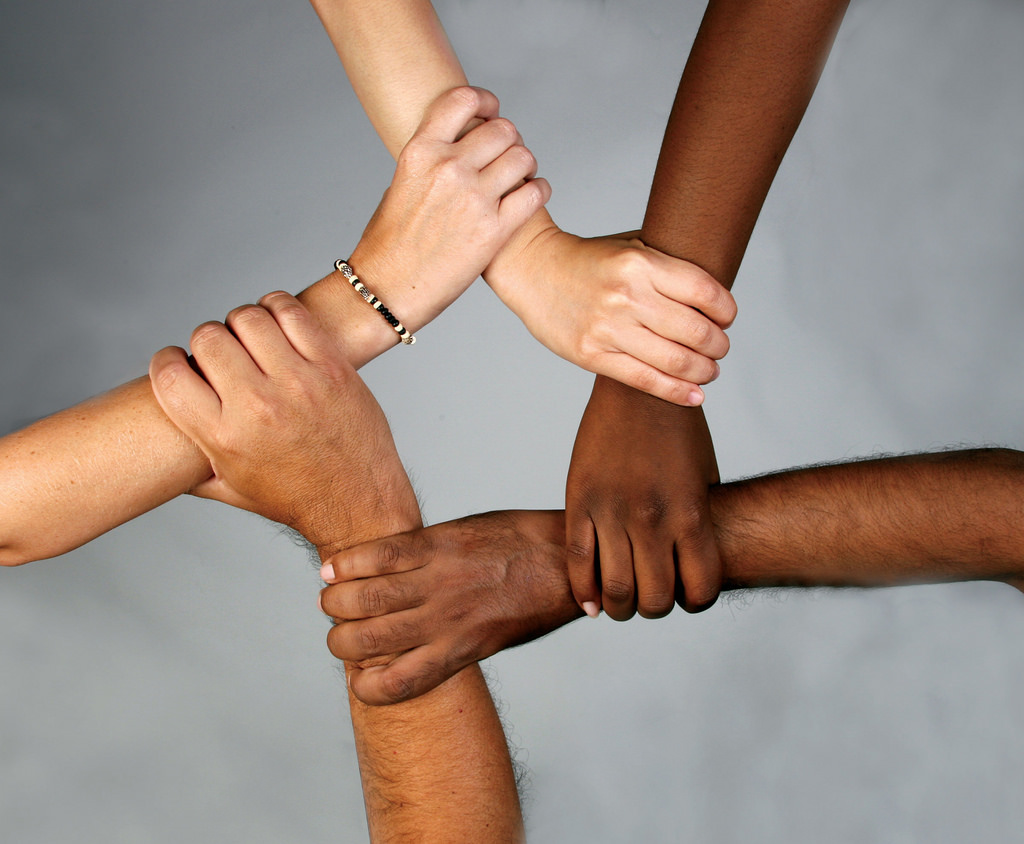
In May of 2008, the U.S. House of Representatives declared July would annually be recognized as Bebe Moore Campbell National Minority Mental Health Awareness Month. Moore, the month’s namesake, was an author, advocate, co-founder, and national spokesperson of the National Alliance on Mental Illness. Moore passed away from cancer in November 2006.
The resolution for National Minority Mental Health Awareness Month was sponsored by Rep. Albert Wynn [D-MD] and co-sponsored by a large bipartisan contingent. The month was launched with two goals: to improve minority access to mental health treatment and services, and to promote public awareness of mental illness.
Mental illness already affects 1 out of every 5 adults and 1 out of every 10 children in the U.S., according to the Substance Abuse and Mental Health Services Administration. Unfortunately, even though mental illness is a leading cause of disability, approximately two-thirds of all people with a diagnosable mental illness are not treated. Racial and ethnic minorities are even less likely to receive treatment. That gap is due to a number of reasons, commonly including less facility/doctor access and availability, unaffordability of mental health services, along with a poorer quality of health care in some largely minority communities.
Progress has been made, but there is still much more work to be done. There are many ways we can support the minority community around us and help them receive the recognition and treatment they deserve.
Show your support on social media by using the hashtag #MinorityMentalHealth and like the National Minority Mental Health Awareness Facebook page. Donate to support NAMI and the minority groups suffering from mental illness. Join the NAMI to stay up to date on all the latest news and events. Or, if you’re a minority who has received good treatment, share your story and success with others to give them hope.
We know it can be a long road to feeling a sense of normalcy. But, if we walk the road together, we can make a difference in the lives of our friends, family, and neighbors.